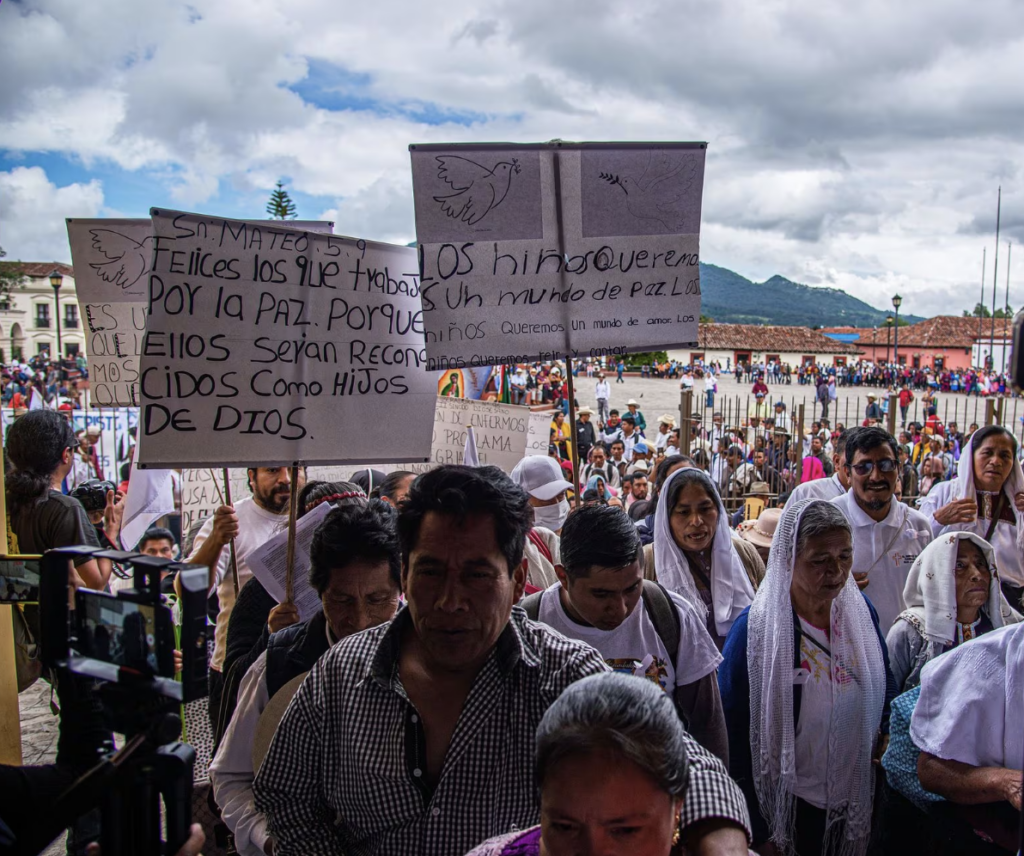 The Justice in Mexico Project (JMP) based at the Department of Political Science and International Relations at the University of San Diego is pleased to announce the publication of “Drug Violence in Mexico: Data and Analysis Through 2013.” Thanks to the generous funding of the John D. and Catherine T. MacArthur Foundation, this is the project’s fifth annual report providing a detailed analysis of the problem of crime and violence in Mexico, which has been a major preoccupation for both policymakers and ordinary people in Mexico, as well as a shared concern for the U.S. government and its citizens. Justice in Mexico’s annual reports have compiled the latest available data and analysis to evaluate problems of crime and violence related to drug trafficking and organized crime in Mexico. These reports are especially intended to inform a U.S. and English language audience, since international news media coverage of Mexico tends to be fleeting and gravitates toward sporadic, sensationalistic incidents rather than the analysis of broader issues and longer-term trends.
The Justice in Mexico Project (JMP) based at the Department of Political Science and International Relations at the University of San Diego is pleased to announce the publication of “Drug Violence in Mexico: Data and Analysis Through 2013.” Thanks to the generous funding of the John D. and Catherine T. MacArthur Foundation, this is the project’s fifth annual report providing a detailed analysis of the problem of crime and violence in Mexico, which has been a major preoccupation for both policymakers and ordinary people in Mexico, as well as a shared concern for the U.S. government and its citizens. Justice in Mexico’s annual reports have compiled the latest available data and analysis to evaluate problems of crime and violence related to drug trafficking and organized crime in Mexico. These reports are especially intended to inform a U.S. and English language audience, since international news media coverage of Mexico tends to be fleeting and gravitates toward sporadic, sensationalistic incidents rather than the analysis of broader issues and longer-term trends.
This year’s study builds on past findings and seeks to provide new insights into Mexico’s recent security situation. The authors draw on the latest available data from multiple sources, with a primary emphasis on the first year in office for Mexican President Enrique Peña Nieto (2012-2018). In contrast to his predecessor, Felipe Calderón (2006-2012), President Peña Nieto appeared to deliberately downplay Mexico’s security problems, as well as his administration’s efforts to address them during the last year. However, as the authors discuss, crime and violence associated with organized crime remains a very serious problem in Mexico. Despite some definitive and much needed improvements in certain parts of the country, the overall security situation in Mexico remains much worse today than a decade ago and major improvements are still urgently needed.
The report is broken down into four sections: (1) Why violence in Mexico matters; (2) “Drug violence”: definitions, data, and methodologies; (3) Findings: drug violence in Mexico; and (4) Analysis and developments in 2013. Some of the study’s most important results and conclusions include that the total number of homicides in Mexico appears to have declined by 15% in 2013, although rates of kidnapping and extortion have significantly increased. It also found that between one third and two thirds of all homicides in Mexico in 2013 were attributed to organized crime groups, and that less violence in Mexico’s northern states have increased the spotlight on Pacific coastal states. The report looks at the Peña Nieto administration’s achievements and preoccupations since taking office in 2012, including an analysis of the government’s continued kingpin strategy, use of the military in the security strategy, and the current challenge of the dynamic situation in the state of Michoacán involving official forces, organized crime groups, and self-defense groups (grupos de autodefensa).
“Drug Violence in Mexico: Data and Analysis Through 2013” was co-authored by Kimberly Heinle, Octavio Rodríguez Ferreira, and David A. Shirk.
To read the full report, click here.




